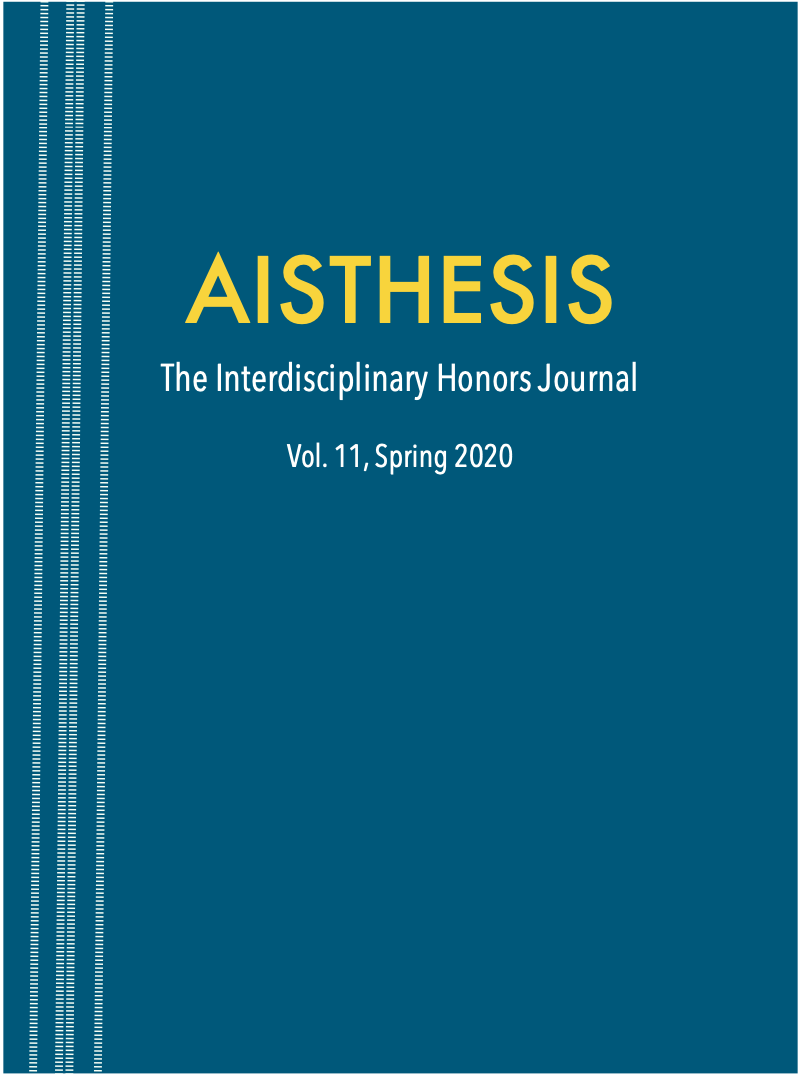Systems of Oppression or Emancipation? Understanding the Colombian Education System Through Critical Education
Camila A. Micán
University of Kansas
Keywords: Colombia, Global and International Studies, Socioeconomic Inequality, Oppression, Development, Education, Critical Education Theory
Abstract
This project examines the effect of socioeconomic status (SES) on perceptions of adults in Bogotá regarding the nation’s educational curriculum (EC) and pedagogical practices (PP). Previous research looked at the relationship between EC and the elite’s oppression of lower classes, as well as pedagogy’s effect on the sociopolitical development of a country. This research utilizes critical education theory, hence assuming EC and PP maintain the socioeconomic privilege of higher classes in society while preventing the social mobility of lower classes by intentionally excluding the teaching of critical thinking. This project unfolds through descriptive statistics and graphic analysis of quantitative data collected from surveys. Moreover, the research triangulates data with thematically coded interviews with Colombian citizens. The research argues that the perceptions of EC and PP reflect a segregated system of education along socioeconomic lines; however, oppression is not unique to lower socioeconomic strata. The project will urge primary and secondary education institutions to rethink the present EC and PP by providing data about the perceived oppression of current educational content and teaching methods that hinder the development of equitable social, political, and economic development in the country.


